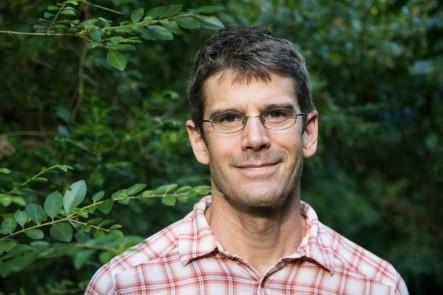2nd David Finney Lecture (2018)
Professor David Dunson gave the 2nd David Finney Lecture:
Studying Variation in Human Brain Connectomes: Impact of Substance Use and Education.
There have been parallel revolutions in recent years in technology for imagingof the human brain and in methods for analysing high-dimensional and complex data. We are interested in exploiting and building on this technology motivated by interest in studying how people vary in their brain connection structure. White matter tracks in the human brain consist of tightly bundledsets of neurons that are geometrically aligned and act as highways for neuralactivity and communication across the brain. There are on the order of amillion such tracts in a normal human brain, and their locations can beestimated using different types of magnetic resonance imaging (MRI) combined with state-of-the-art image processing. We refer to the set of tracts as the human brain “connectome.” The Human Connectome Project (HCP) collects data on connectomes, along with multiple behaviours and traits of each individual under study. We develop state of the art data science tools to study variation in connectomes, and the relationship with factors, such assubstance use (alcohol, marijuana) and education. We find a significant relationship between brain connectivity and multiple factors, with high levels of substance use decreasing connectivity and education increasing connectivity. This talk is designed to be accessible to the general public, focusing on describing these amazing new data resources, analysis tools, and results, with a discussion on ongoing directions.
Professor David Dunson

Joint event with

May 29 2018
-
2nd David Finney Lecture (2018)
Prof. David Dunson presented the 2nd David Finney Lecture on Studying Variation in Human Brain Connectomes: Impact of Substance Use and Education.

